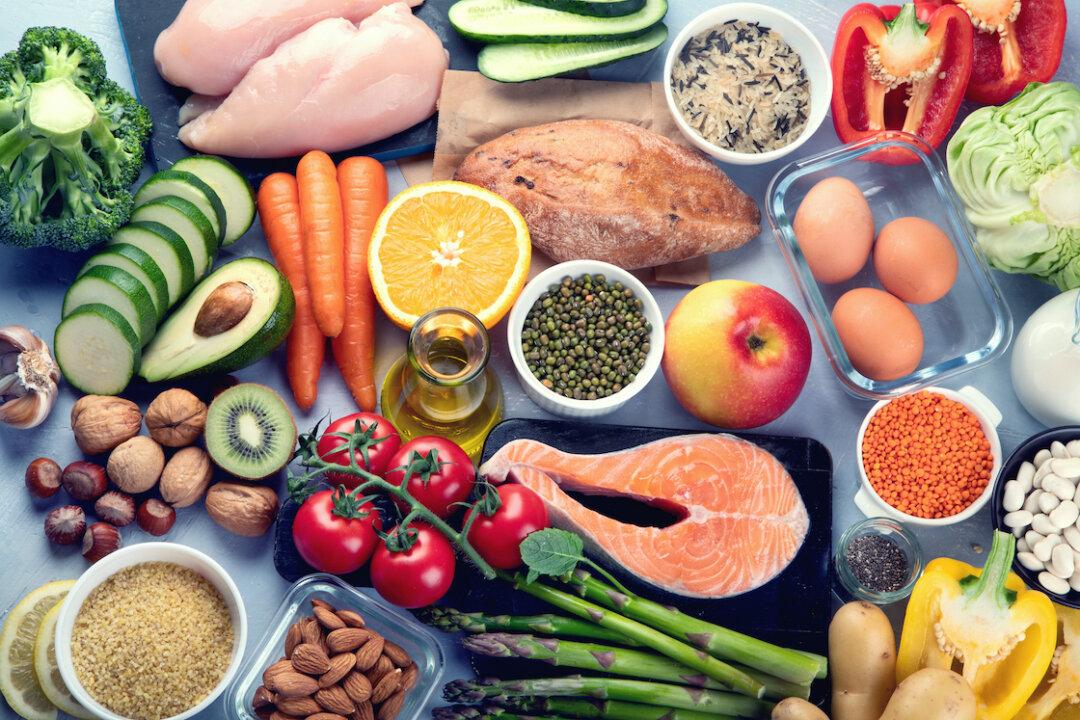A long-term research study investigating the independent and joint effects that exercise and diet have on a participant’s risk of death has shown that the detrimental effect a low-quality diet has on a person’s health and fatality risk cannot be eliminated by high levels of exercise.
The study by the University of Sydney, which followed a large-scale medical cohort of 360,600 British adults who all had common characteristics, found that participants who exercised well and ate a good diet had a lower risk of death than those who did neither or only one.




